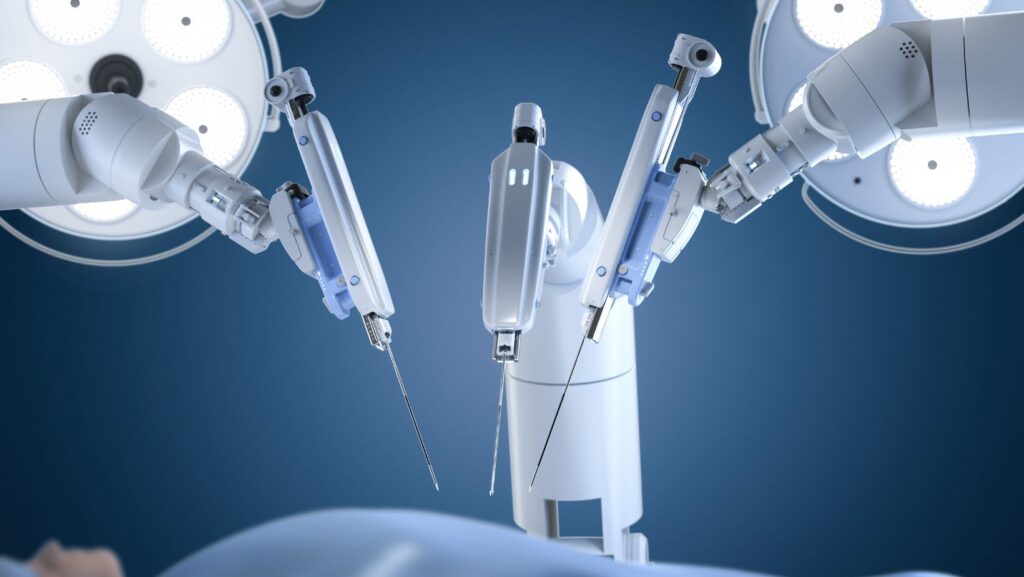Many hotel managers utilize audio technologies to manage their daily operations. Depending on the type of hotel, these systems support back-of-house operations, facilitate communication with guests, and create a convenient space for guests by playing background music.
Typically, the primary objective of installing these systems is to ensure guest satisfaction. A lack of satisfaction can lead to severe consequences, including reduced turnaround. Therefore, having great sound technology is one of the essential elements to give your visitors the most memorable experience.
Some property managers hire audio and video technicians to install speakers in specific areas, such as bars, lobbies, restaurants, pool surroundings, and other high-traffic areas within the property, to provide high-quality sound.
These installed speakers require an audio technology platform to deliver the desired audio they need. If the system is quite old, for instance, ten years or more, chances are there are many disparate audio systems installed around it, designed for a specific need.
Hotel owners may choose to install various paging or public address systems to communicate with guests in specific areas of the hotel. This means that a pool bar may announce guests’ orders on its system, and interior restaurants will also make separate announcements on their systems.
You may be using the same brand or model of audio hardware but depending on the person who installs them and when, they can be different systems entirely, and more importantly, they may be operating independently.
With the advancement in technology, new sound machines can now be operated independently from one another. This means you can control the pool sound from the restaurant and vice versa. This advancement enables you to replace all these disconnected systems with a single, unified installed machine that provides coverage and different content to each hotel zone.
In this article, we will explore the benefits of installing AtlasIED unified audio technology to address all your needs.
Less Complexity

Dealing with multiple systems simultaneously can be quite confusing and complicated for both your managers and staff. Normally, audio systems for hotels last a minimum of five years, and it’s very uncommon for hotels to purchase new equipment from different manufacturers over time and have it installed by different vendors.
This means the staff must also learn these multiple systems, which can be confusing and overwhelming. The advanced modern system used today can manage both paging and background music from a single location across different zones that require audio sound in the hotel. By consolidating them, you will reduce the overall complexity and the time spent training your staff.
Consistency

Each zone, for instance, the lobby, restaurant, spa, and pool, requires different types of music and different volume levels depending on the time of day.
Selecting a single system that will manage all of the audio zones throughout the property and across different areas allows for consistency, and it will save you the stress and resources of hiring multiple people who will manage the systems at different places.
With the centralized system, it means you only need one person to manage tasks such as changing the volume or music and making announcements to different areas of the property. This will create a consistent experience for both your guests and staff.
Click here for more insight into how EQ works.
Moreover, these new technologies enable different access and control for various users. For example, you can give your manager full control of the system, while waiters will be responsible for handling the volume level needs.
Automation
The modern audio systems manufactured today offer automation benefits that make it easy for staff to use. These latest systems provide features such as ambient noise compensation through sensors installed in specific areas to detect sound levels, automatically adjusting the volume level to complement the sound.
For example, when the bar has fewer guests, the noise level is low, accompanied by some cool music that makes the whole space more enjoyable; here, the sound level is also low.
However, when the number of guests increases, the volume also increases without individual intervention. This kind of automation saves you the stress of relying on staff to adjust the volume and eliminates the possibility of human error or poor guest experience.
Simplify Maintenance
Big hotels may require a full-time AV person to manage the audio systems. However, for some, it may just be an external AV integrator on a service contract that maintains the servicing. If you outsource this service, it means the person needs to travel across town or further when there are issues with the machine.
This can be expensive, even for a brief service call. Modern systems are now software-based, which means they can be controlled remotely, and issues can be addressed without personnel having to leave their comfort zone. These remote capabilities help you save service and repair costs while maintaining a better audio consistency.
Visit https://www.hospitalitynet.org/opinion/4111575.html to learn more about how to enhance your visitors’ experience in a hotel.
Enhancing Customer Experience
Audio sound is an integral part of enhancing guests’ experience. Whether it’s the loudspeakers or the amplifiers that power the system, and the music choices that are played across different areas in the hotel, this attention to detail allows customers to have a memorable experience. Overall, these newly invented systems can transform and modernize your business space.
Conclusion
Hotels can’t run without music; you want to give your guests that incredible experience that will make them want to lodge in your hotel whenever they are in town.
The choice of music and the type of system are two important attributes that will provide your visitors with the wonderful experience they are seeking. Ensure that you customize each sound according to the space and utilize a centralized system that enables you to control each zone from a single location.


